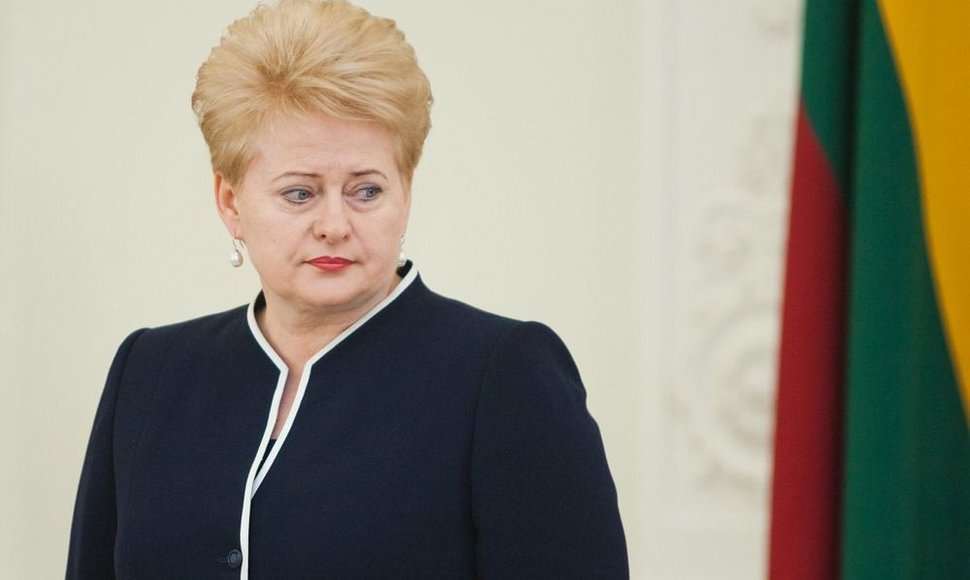Grybauskaitė said she was open and striving to "have and keep as many Lithuanian citizens as possible."
"But I want you to understand – the issue is sensitive not only because our Constitution establishes rather strictly that it should be an exceptional and rare case, but I also want to remind you that we have potential citizens outside America and the West – we do in the East, as well," the president told the expat community last week in a meeting held prior to the NATO summit.
"The proposed legal amendments mean that dual citizenship can be easily acquired by those who live in territories, which, unfortunately, we cannot yet trust. By opening the doors, we would open doors to everybody," she added.
Grybauskaitė said she was forced to veto the law on dual citizenship after receiving conclusions from experts of constitutional law.
In the fall of 2006, the Constitutional Court ruled that the country's main law provides for dual citizenship as exceptional cases only, declaring laws allowing dual citizenship as running counter the Constitution. The provision on the Lithuanian citizenship is contained in the part of the document which can only be changed by referendum.
Under the current Citizenship Law, dual citizenship is allowed to people who left Lithuania before it declared independence in 1990, as well as those who acquired the citizenship automatically – through birth or marriage. However, those having dual citizenship from birth have three years after turning 18 to choose a citizenship they want to keep. Dual citizenship is not allowed to those who fled Lithuania after 11 March 1990 or intentionally acquired citizenship of a foreign country.
The parliament had adopted a new version of the Citizenship Law, which allowed dual citizenship to emigrants who had become citizens of the European Union (EU) and NATO countries. However, Grybauskaitė vetoed it as running counter to the Constitution.














